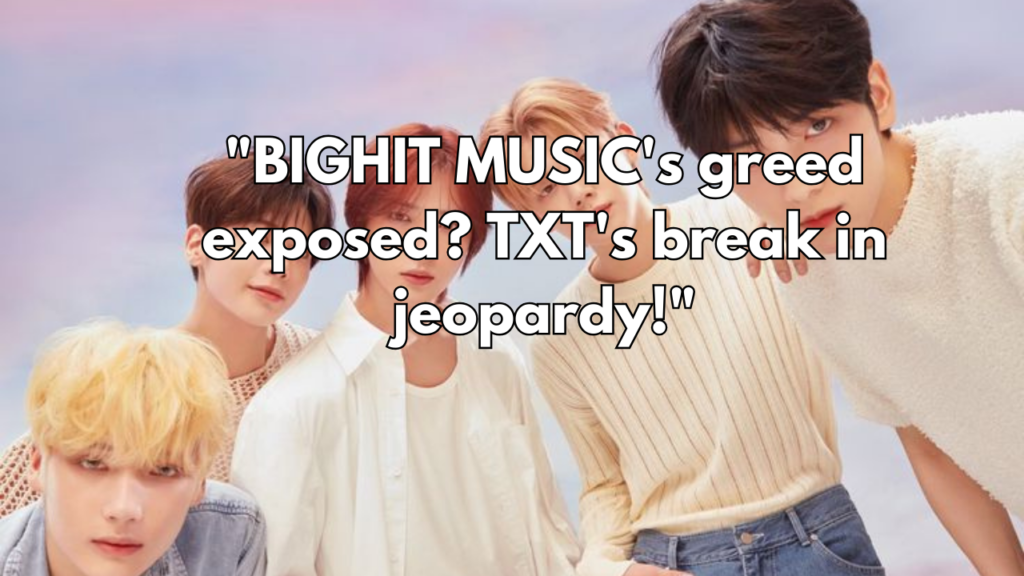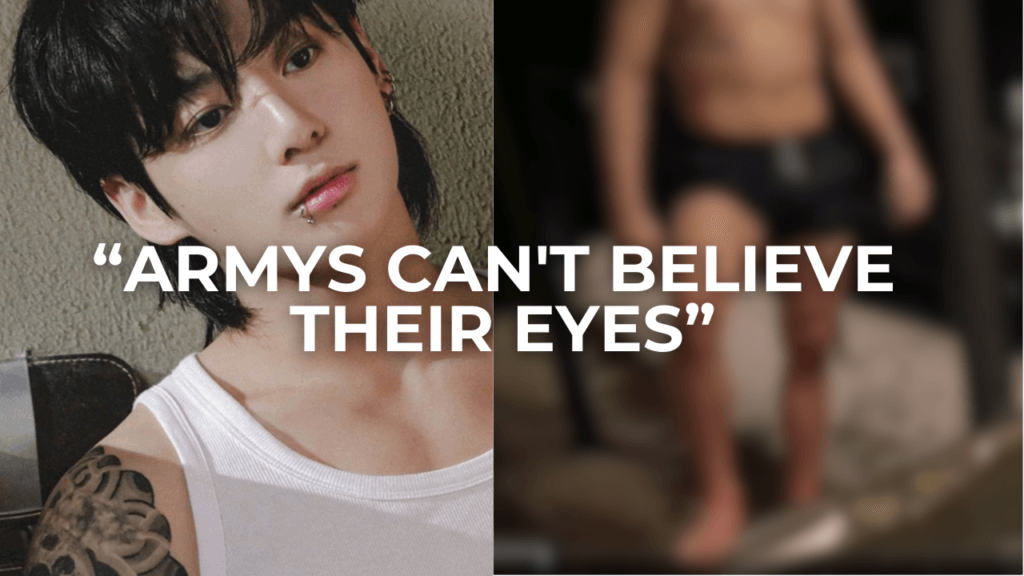VCHA Member’s Legal Battle Intensifies
VCHA member KG has filed a groundbreaking lawsuit against JYP Entertainment, revealing disturbing allegations of abuse and mistreatment. The 17-year-old artist, also known as KG Crown, announced her departure from the group while exposing serious concerns about the working conditions within the company.
The lawsuit, filed in Los Angeles Superior Court, details troubling incidents that led to KG’s decision to leave VCHA. Her legal team has presented a comprehensive 77-page document outlining various forms of alleged mistreatment and labor law violations that have shocked the K-pop industry.
Disturbing Revelations and Industry Practices
The allegations paint a concerning picture of life within VCHA, highlighting systemic issues within the K-pop industry:
Physical abuse allegations include forced dance practices leading to injuries and exhaustion
Mental health concerns stemming from extreme pressure and constant surveillance
Unpaid overtime work with minimal compensation, violating labor laws
Hidden surveillance of members’ private lives without consent
Strict control over personal activities, diet, and daily routines
Psychological manipulation and emotional abuse
These revelations have sparked widespread debate about the treatment of young artists in the entertainment industry.
Mental Health Crisis Within VCHA
According to KG’s detailed statement, the situation affected multiple members severely:
The most alarming incident involved a member’s suicide attempt in February 2024. Several other members developed eating disorders and engaged in self-harm behaviors. These serious mental health issues reportedly went unaddressed by company management despite repeated concerns raised by members and their families.
The company’s alleged negligence in addressing these mental health crises has raised questions about the industry’s duty of care toward young performers.
Financial Exploitation and Legal Violations
The lawsuit highlights significant financial concerns that reveal troubling industry practices:
Members received only $500 weekly despite working 12+ hour days
KG accumulated over $500,000 in company debt through training fees
California labor laws were allegedly violated repeatedly
Hidden cameras monitored members without proper consent or notification
Compensation structure violated minimum wage requirements
Industry Reform and Future Implications
The case has become a catalyst for broader discussions about necessary changes in the K-pop industry:
Calls for stricter regulations protecting young performers
Demands for transparent financial practices
Push for better mental health support systems
Need for independent oversight of entertainment companies
Discussion of fair labor practices in international collaborations

A Watershed Moment for K-pop
This case represents more than just one artist’s struggle – it’s become a pivotal moment for the entire K-pop industry. The outcome could potentially reshape how entertainment companies operate and treat their artists.
What do you think about these developments? Should there be stricter regulations for entertainment companies? Share your thoughts in the comments below.







